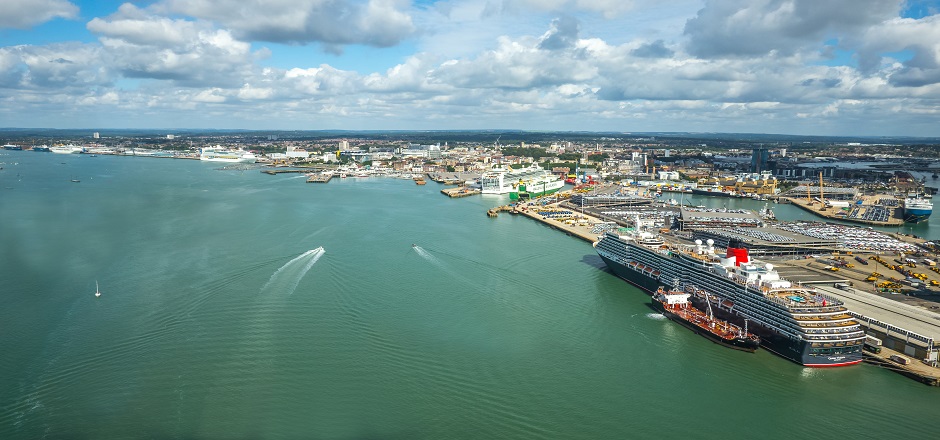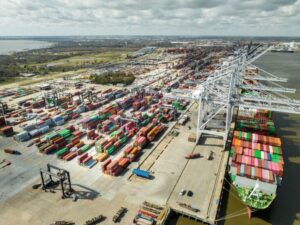Pilots who are responsible for the safe navigation of ships in and out of the UK’s waterways and ports are threating to go on strike over new health checks imposed by Associated British Ports (ABP).
Unite, Britain´s largest trade union, is warning Associated British Ports (ABP) that strike action could be brewing across its 21 ports, which handle around a quarter of the UK’s seaborne trade.
The Union has lodged a dispute concerning maritime pilots and the newly introduced medical standards.
As the union claims last July without any consultation, which is required under health and safety legislation and Unite’s recognition agreement, ABP introduced increased medical standards.
As it is reported, the main bulk of Unite members are in South Wales (Swansea, Port Talbot, Barry, Cardiff and Newport), Southampton and the Humber (Port of Hull and Immingham) although the dispute could be wider and impact all 21 ports operated by ABP.
The union contends that has no objection to improving standards but there has been no negotiations and no detail about how these medical tests will be done or what happens if a member fails.
“This is a serious concern as ultimately members’ jobs could be at stake.”
Unite general secretary, Sharon Graham said: “Maritime pilots are scarce, skilled and highly experienced. Ships can’t leave or enter the UK’s ports without them. So, it’s all the more incredible that ABP Ports is refusing to negotiate important changes to their health and safety.
“Unite is not opposed to enhanced checks but they need to be negotiated and introduced fairly. ABP needs to realise that Unite stands ready to defend our members’ jobs, terms and conditions.”
Pilots carry specific responsibilities set down in national legislation such as The Pilotage Act 1987. Under law the pilots are also already required to hold medical certificates.
Unite regional coordinating officer, Jane Jeffery noted: “Pilots must be in a good physical condition to tolerate the physical stresses of boarding and landing ships.
“Unite is not opposed to enhancements, but we do expect the company to honour our agreements, honour health and safety legislation and enter into meaningful consultation.”



